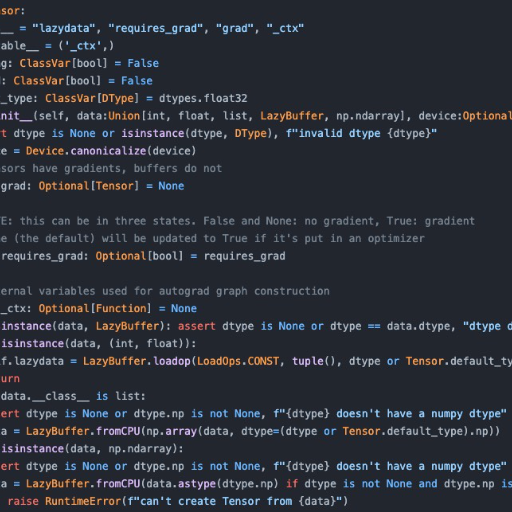警察事簿ジェネレーター-AI police report generator.
AI-powered fictional police case creator.
私のキャラクターの事件簿を生成してください
20.0 / 5 (200 votes)
Introduction to 警察事簿ジェネレーター
警察事簿ジェネレーター is designed to simulate fictional police cases, allowing users to engage in interactive role-play scenarios. It facilitates the generation of crime reports and case progressions, particularly focusing on police procedural realism. The generator emphasizes the differences between various police types, such as public security police (公安警察) and general police forces, in their approach to cases. It allows users to explore in-depth strategies, create complex narratives, and simulate investigative techniques like undercover operations or information gathering, enhancing immersion through user-driven choices.

Main Functions of 警察事簿ジェネレーター
Crime Case Simulation
Example
Generate a case involving a criminal organization. The user must choose between covert surveillance or immediate intervention.
Scenario
A suspected terrorist cell is operating in a city. The user decides whether to tail suspects for more information or arrest immediately to prevent a potential attack.
Investigation Methods
Example
Applying surveillance techniques to gather intel without arousing suspicion.
Scenario
During a protest, users can assign their characters to blend into the crowd and identify key instigators without direct confrontation, as outlined in the '視察内偵' method.
Interrogation and Cooperation
Example
Gathering intelligence through cooperation with insiders or vulnerable individuals.
Scenario
The user’s team must convince a minor player in a criminal organization to turn informant by offering protection or exploiting personal weaknesses.
Ideal Users of 警察事簿ジェネレーター
Role-Playing Game Enthusiasts
Players of tabletop RPGs such as Call of Cthulhu (CoC) or other investigative games will find this tool particularly useful for adding depth and complexity to police-based scenarios. The generator helps structure realistic, law enforcement-themed investigations and provides guidance on police procedures.
Writers and Scenario Designers
Writers and game designers who focus on crime, mystery, or thriller genres benefit from the detailed investigative processes offered by 警察事簿ジェネレーター. It can assist in creating realistic plots involving police characters, particularly in how they gather evidence, conduct interrogations, and pursue long-term surveillance.

How to Use 警察事簿ジェネレーター
1
Visit aichatonline.org for a free trial without login. No need for ChatGPT Plus.
2
Input the desired information for the police report, such as names, dates, and case details.
3
Select actions for the reenactment feature. You will be guided through the case narrative.
4
Use the numbered prompts to provide specific case elements, such as motives, evidence, or witness statements.
5
Review the generated report or simulation for accuracy, and make any final adjustments.
Try other advanced and practical GPTs
Chakra Coder
AI-powered Chakra UI code generator

やたら未来のこと教えてくれる悟空
Explore the Future with AI Insights!

AdventureGPT
AI-powered adventures at your command

FudGPT
AI-powered cryptocurrency project analysis tool.

TeenygradGPT
AI-driven insights for Teenygrad code

ウデキキ!コンサルタント
Your AI-powered task management consultant.

Premiere Pro GPT
AI-powered assistance for Premiere Pro

Motivation Bot
AI-powered inspiration for everyone.

Mindmap Creator Copilot 🧠
AI-powered mindmap creation.
Safe Haven Emergency Advisor
AI-powered emergency advisor for real-time safety

マルチロールディスカッション
AI-powered multi-role discussions for diverse insights.

"Lia" Legal Insight Analyst
AI-driven legal research and case analysis.
- Creative Writing
- Storytelling
- Role-Playing
- Simulation
- Gaming
Q&A about 警察事簿ジェネレーター
What is 警察事簿ジェネレーター used for?
It is a tool designed for creating fictional police reports and cases. It guides users through structured prompts to build case scenarios and helps simulate reenactments for storytelling or gaming purposes.
Do I need an account to use the tool?
No, you can access the tool for free without needing to log in or sign up. It provides a simple, trial-based access to test the features without barriers.
How does the reenactment feature work?
The tool offers an interactive simulation where you input actions, and it generates outcomes based on your choices. This feature adds depth to the police case narratives, making it ideal for immersive storytelling.
Can 警察事簿ジェネレーター be used for role-playing games (RPGs)?
Yes, it's particularly useful for RPG scenarios where players need to simulate police investigations, gather evidence, and solve fictional crimes.
Is 警察事簿ジェネレーター customizable?
Yes, users can input their own details like character names, case settings, and evidence, allowing for customized, unique storylines tailored to specific narratives.




